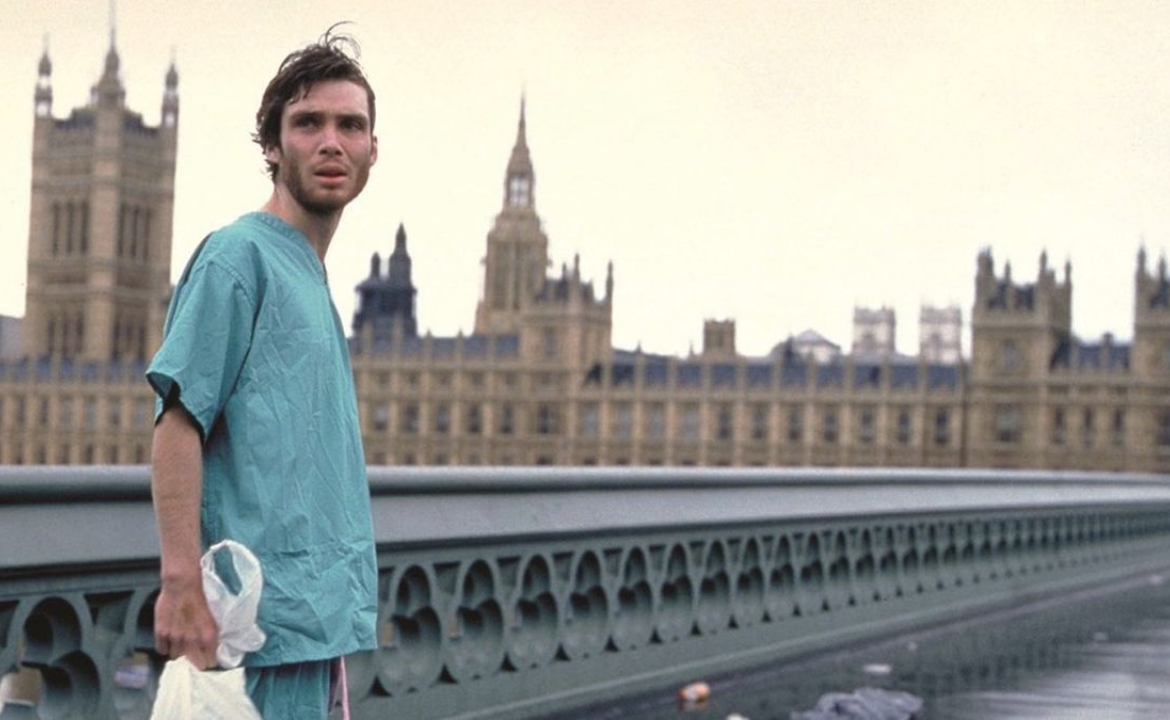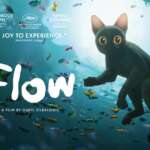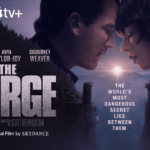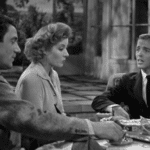In Alex Garland’s ‘Annihilation’, his characters choose to venture into the heart of darkness, knowing death very likely may await them. In ’28 Days Later’, unfortunately Cillian Murphy’s character Jim doesn’t have such a choice, as he awakes from a coma into a world already swallowed by darkness as a disease has infected all of Britain and likely all of the world. Still Jim, and his other comrades, try to seek whatever life or solace they can, and in their own way venture forth perhaps to salvation or perhaps to annihilation. All we know now is that a script by Garland likely means both.
’28 Days Later’, which came out in 2002, helped usher in a wave of new zombie films, from ‘Zombieland’ to ‘Walking Dead’, and everything in between. Though ’28 Days Later’ isn’t as flashy as many, or even as zombie-filled surprisingly, its understated horror was effective, as it reminded audiences that often the real villains aren’t the zombies but the humans themselves, who in extreme circumstances can become monsters. This truism post-pandemic seems alas obvious, and this film’s influence is so vast, that many of its key points now feel like worn out tropes; however, to remember the time period in which it debuted is to understand its impact.
Likewise its further insightful to look at this film as a key point in both director Danny Boyle’s career and screenwriter Alex Garland’s career, who at the time had yet to transition to directing many of his own films. If you watch this film you can really feel Boyle’s touch all over, as its as minimalist as Trainspotting, with the bleakness to match, and the music feels very of the time. Garland likely would add some colorful touches if he were to direct the film, but even without his hand in that seat, his impact as a writer still stands out as he, like in ‘Annhilation’, is able to say a lot with few words at all.
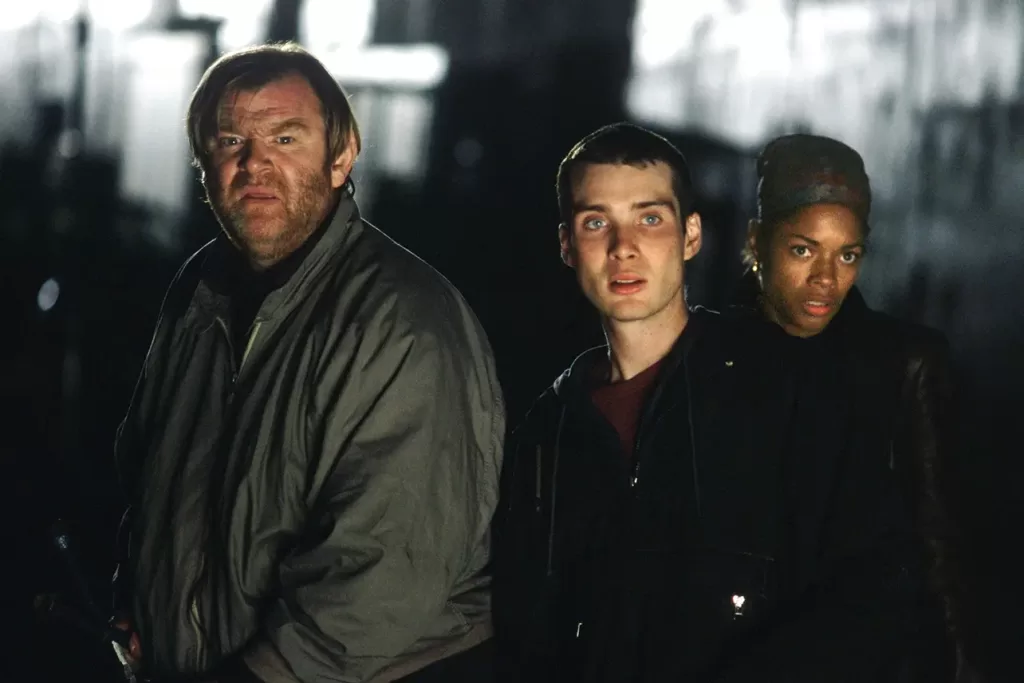
Brendan Gleeson, Cillian Murphy, and Naomie Harris in 28 Days Later
Of course, those words would have little impact without strong deliveries, and we get solid acting from the now venerable actors Naomie Harris, Brendan Gleeson, Christopher Eccleston, and the aforementioned Murphy. Murphy and Eccleston get the most to do in their roles, and you can see how Murphy especially would be on track for his career to play complex heroes. It’s perhaps surprising even Murphy received so few leading roles following this; however, he’s certainly had steady, impressive work since.
One interesting point of note in particular, as it stands apart from zombie films prior to this film, and except for Shaun of the Dead those post, is the Britishness of this film. Not only Boyle’s influence, as a purveyor of Cool Brittania, however ironically delivered, but even the manner of conflict between the humans and the infected. As an American viewer its surprising that we do not hear the first gun shot till halfway through the film. Likewise the settings are so distinctly British, as they were able to shut down iconic spots, such as Piccadilly Circus, which even for non-British viewers is a quick way to show how vast this spread has gone. Even the initial scene where the animal activists break in to free the animals being tested, surely a scene made to make us consider if all actions; however, well meaning, are indeed successful, but till perhaps more recently this could only feel real in a European place where animal activists have long had a strong presence.
What’s still universal throughout is the critiques on humanity, which delivers a solid reading that when our chips are down we turn selfish and we become the monsters we once fought. Though again this message is now hammered home in every zombie film or show, its impact is still resonate, as we see men made monsters again and again in this film. Regretfully to perhaps Boyle and Garland’s chagrin, though likely not astonishment, we likely have not changed, but perhaps there was hope in this film that upon reflection seeing ourselves as the monsters we might.
